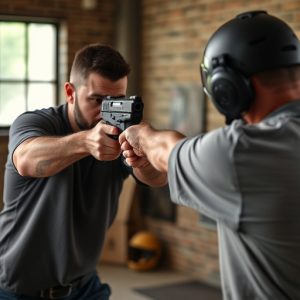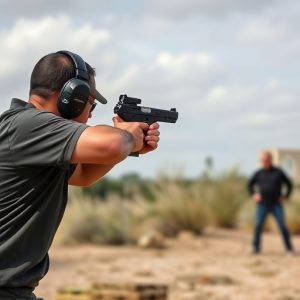Civilian Taser Ownership Laws: State Rules for Heavy-Duty Stun Batons
The growing popularity of civilian ownership for heavy-duty stun batons (Tasers) highlights the need…….
The growing popularity of civilian ownership for heavy-duty stun batons (Tasers) highlights the need for understanding and adhering to state regulations, which vary widely. Potential buyers must research local laws regarding age restrictions, background checks, training, and permit requirements to avoid penalties and ensure safe use. These strict measures aim to promote responsible ownership, prevent misuse, and protect public safety in cases where heavy-duty stun batons are used for security purposes.
“Unraveling the complexities of civilian tasers: A comprehensive guide to state laws. In today’s safety-conscious world, understanding the legal framework around heavy-duty stun batons is paramount, especially as their popularity surges for personal and security purposes. This article navigates the diverse landscape of state regulations, shedding light on eligibility criteria and the impact of unregulated possession. From ‘Understanding Civilian Taser Ownership’ to exploring state-specific rules, we delve into the intricacies affecting your rights and safety.”
- Understanding Civilian Taser Ownership: A Legal Perspective
- State-Specific Regulations and Requirements for Heavy-Duty Stun Batons
- Eligibility Criteria: Who Can Own a Taser?
- The Impact and Safety Considerations of Unregulated Taser Possession
Understanding Civilian Taser Ownership: A Legal Perspective
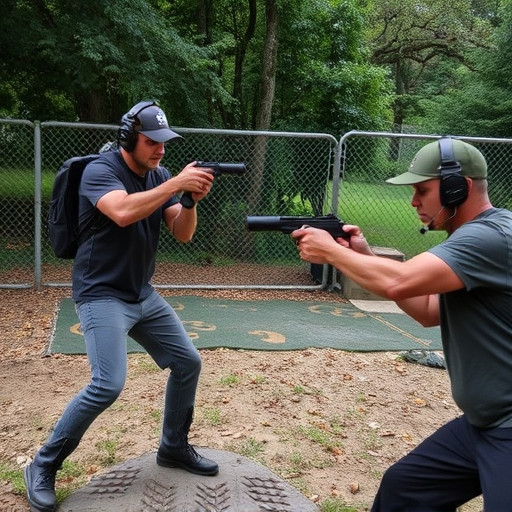
Understanding Civilian Taser Ownership: A Legal Perspective
In recent years, there has been a growing interest among civilians in acquiring heavy-duty stun batons for security purposes. This shift is driven by concerns over personal safety and the desire to have a means of self-defense readily available. However, it’s essential to navigate the legal landscape surrounding civilian taser ownership, as state laws vary widely. Each jurisdiction has its own set of regulations governing who can possess, carry, and use these devices, reflecting complex considerations around public safety, personal freedom, and the potential for misuse.
Civilian tasers, or stun batons, are powerful tools designed to incapacitate an assailant temporarily through electrical shock. As such, their distribution and use are tightly regulated. Potential owners must typically meet specific criteria, including age restrictions, completion of training courses, and sometimes even background checks. Navigating these requirements is crucial not only for responsible self-defense but also to avoid legal repercussions that can include fines, confiscation of the device, or even criminal charges.
State-Specific Regulations and Requirements for Heavy-Duty Stun Batons
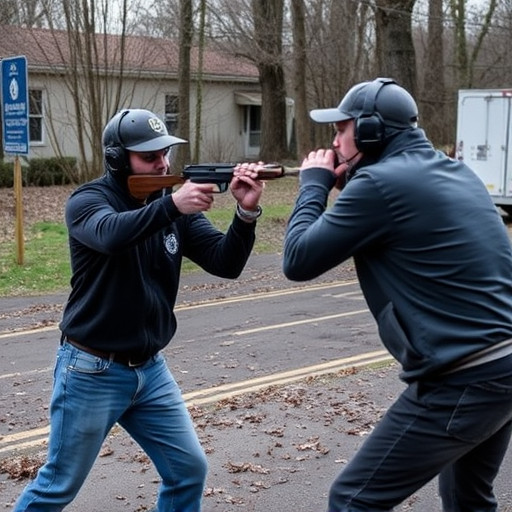
Each state in the US has its own set of regulations and requirements regarding the possession and use of heavy-duty stun batons, also known as stun guns or Tasers. These laws vary widely from one jurisdiction to another, making it essential for prospective owners to research and understand their local rules before purchasing such a device. Some states have strict limitations on who can own a heavy-duty stun baton, often requiring a permit or licensing for security professionals or those with specific occupations.
The requirements typically include age restrictions, background checks, training courses, and even waiting periods. Additionally, there might be rules about where these devices can be carried—for example, in public spaces, schools, or government buildings—and whether they can be used in self-defense or for security purposes. Given the potential impact on public safety, states have implemented these measures to ensure responsible ownership and minimize misuse of heavy-duty stun batons for security applications.
Eligibility Criteria: Who Can Own a Taser?

In many states, the eligibility criteria for owning a taser are relatively stringent to ensure public safety and responsible gun ownership. Typically, individuals seeking to purchase a taser must be at least 21 years old, meet certain background check requirements, and pass a safety training course. Some states also mandate a permit or license for taser ownership, similar to those required for firearms.
Heavy-duty stun batons for security purposes often fall under the same regulations as tasers. Candidates interested in owning either should demonstrate a legitimate need for self-defense, such as a job requiring personal protection or a history of threatening situations. Law enforcement officers and security professionals are usually exempt from certain requirements, as they undergo rigorous training and already operate within legal frameworks governing their use of force.
The Impact and Safety Considerations of Unregulated Taser Possession
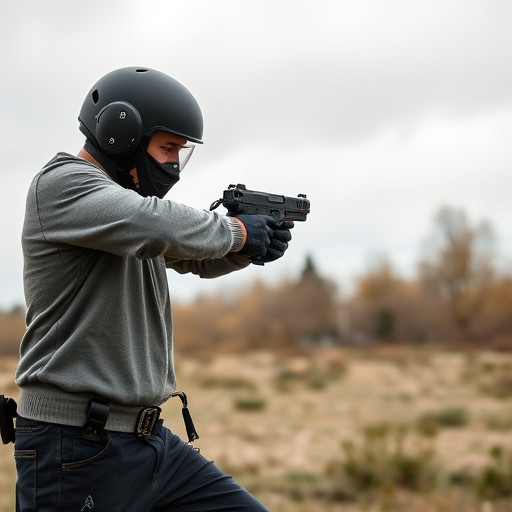
In many jurisdictions, the possession of a taser is regulated to ensure public safety and prevent misuse. However, an unregulated environment where anyone can obtain a taser poses significant risks. Without proper guidelines, there’s a potential for these devices to fall into the wrong hands, leading to unintended consequences. For instance, individuals with malicious intent could use heavy-duty stun batons for security purposes, causing harm or even fatalities during altercations that might have been resolved peacefully otherwise.
Safety considerations are paramount when discussing taser ownership. Unregulated possession may lead to a lack of training and awareness among users, increasing the likelihood of accidental injuries or deaths. Moreover, without legal frameworks in place, it becomes challenging to track and regulate these devices, making it easier for them to be used in criminal activities or fall into the hands of individuals with harmful intentions.
In conclusion, the regulation and ownership of civilian tasers, particularly heavy-duty stun batons for security purposes, vary significantly across state laws. Understanding these requirements is crucial for ensuring compliance and promoting safety. While some states have stringent criteria, others offer more lenient access, underscoring the diverse perspectives on personal defense tools. As discussions around civilian armament continue, navigating these state-specific regulations is essential to foster a balanced approach that respects both individual rights and public safety.

